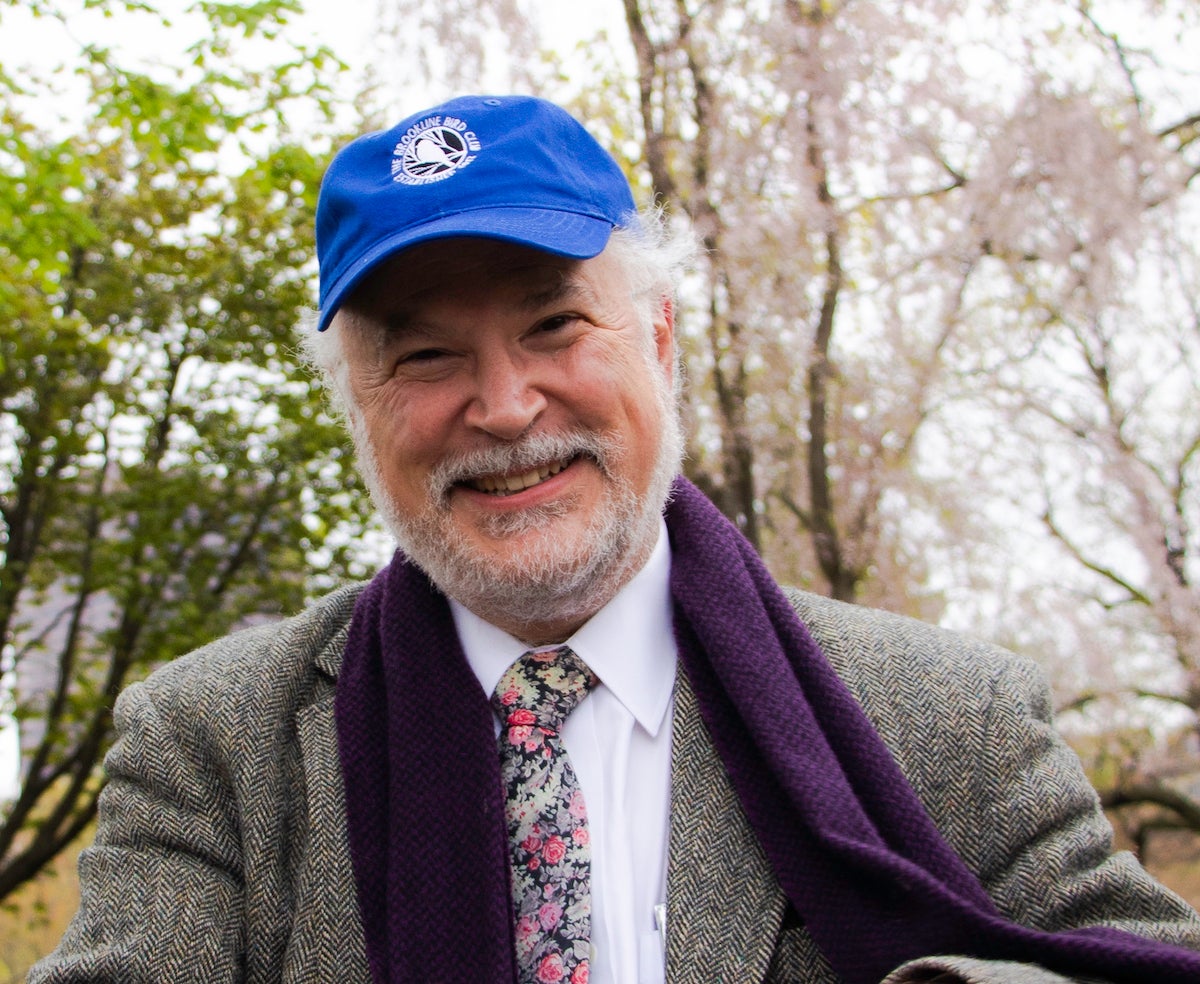News & Highlights
Topics: Biomedical Science, Clinical & Translational Research, Education & Training, Five Questions
Five Questions with . . . Course Instructor Thomas Michel
Our new series features profiles of our faculty inside and outside the classroom.

Thomas Michel, MD, PhD, is a cardiologist in the Brigham and Women’s Division of Cardiovascular Medicine and a researcher who explores signal transduction pathways in the cells and tissues of the cardiovascular system. He co-directs the Leder Human Biology and Translational Medicine Program, a clinical enrichment program for PhD students interested in careers in translational research. He also teaches our Models of Disease Boot Camp, a three-week course for clinical fellows and residents who are starting basic/translational postdoctoral research fellowships. An HMS professor of medicine (biochemistry), he is also associate director of the Harvard/MIT MD-PhD Program.
Why spend so much time on education when you’re already so busy with your own research and practice?
This hospital and medical school are filled with wonderful teachers and people dedicated to the goal of both imparting information and more importantly sharing the thrill of discovery and the nuances of patient care. The biggest challenges—and the area in which I am focused—are the times of transition from one very intense, excellent educational program to another. These are times of great vulnerability. For example, between medical school and residency, and between clinical training and clinical fellowship or research fellowship.
Reflecting on my own experiences as a practicing clinician and practicing scientist, I try to focus my teaching efforts at the interfaces between those very important endeavors. The Leder Human Biology and Translational Medicine Program is the interface between science and medicine, as are the MD/PhD program and the Models of Disease Boot Camp. I am convinced of the importance of education at these interfaces.
What are some challenges in today’s research environment that aspiring physician-scientists face?
It has never been easy to obtain the training, which is a long and arduous process, and then the funding to become an independent physician-scientist. But now there’s an environment at a national level that is less explicitly supportive of science as an endeavor. There are profound changes in immigration and visa policy that are preventing some of the best and the brightest scientists in the world to come to the United States to study. There is the potential to undermine U.S. leadership as a destination for the best research in the world.
“ Whether it’s biomedical science or science in general, there’s a certain thrill that comes from discovery, from learning something or establishing facts that no one has known previously.”
What advantages might someone have who takes your Models of Disease Boot Camp?
These individuals have done a lot of really great science and then great clinical medicine and now they’re returning to the lab to do basic and translational research all across the Harvard ecosystem. They are at the top of their game. But now they’re going back to a lab and there’s a 25-year-old graduate student who knows more than they do. So how are they going to make that transition?
The goal of the course is to help them see that these challenging steps are achievable. We do a lot of what is called “near peer mentoring.” We have students who took the course last year, two years ago, and eight years ago come and talk with the students and show them how it’s possible to get to the next step and to thrive.
We also have them talk with the medical residents who are interested in science to show them that there’s a path forward beyond the end of clinical training. We have them meet with the incoming MD/PhD students. We try to facilitate a sense of continuity and community.
I think it’s important for people to know that that the journey really is the destination. There’s a huge amount to learn, to celebrate, and discover each point along the way.
Tell us about Rosie, your protest accordion?
My mother was an illegal immigrant, who escaped from Nazi Austria in 1941 and came here on false papers, so I’m sensitive to immigration concerns as well as concerns about the suppression of scientific communication. I have both a protest accordion named Rosie and a concert accordion named Figaro. Rosie is red and half the weight of Figaro so if I’m going to be marching from Harvard Medical School to the Boston Common, which I’ve done many times over the last few years, I want the lighter accordion.
What’s your key message to those considering a career in translational research?
Whether it’s biomedical science or science in general, there’s a certain thrill that comes from discovery, from learning something or establishing facts that no one has known previously. It’s a thrill beyond comparison. The beauty of translational research is that in addition to that thrill, you could be influencing people’s health as a consequence.

